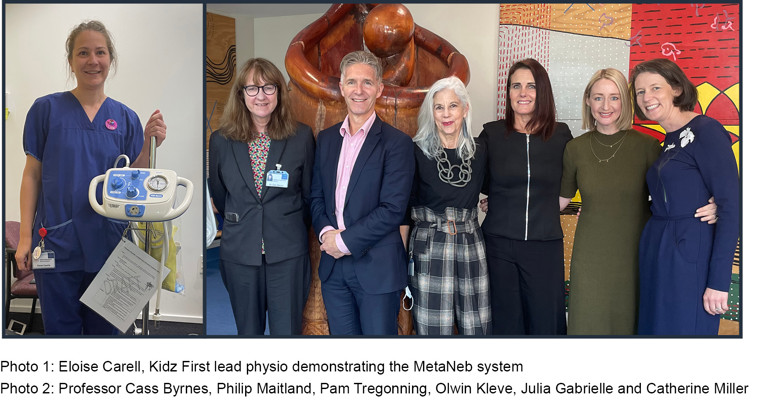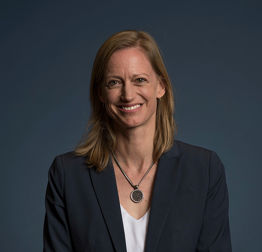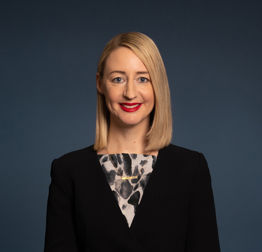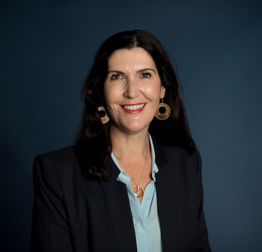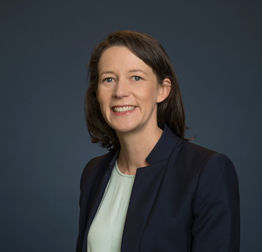Earlier this month, a few of our Buddle Findlay staff, our chief executive and a couple of the Buddle Findlay Child Health Foundation (the Foundation) trustees visited Middlemore hospital to see firsthand how the firm's contribution is making a difference to children in need of hospital care.
Wayne Dawn, service manager, took the team on a tour around Kidz First, the children's hospital section of Middlemore hospital. Eloise Carell, Kidz First lead physio, provided a demonstration and video on the MetaNeb ventilator (intrapulmonary percussive ventilation system) that the Foundation sponsored. The MetaNeb system has made a significant impact as it assists with the rising number of patients in hospital with respiratory infections during the winter.
Dr Adrian Trenholme, paediatrician and clinical head of research at Kidz First, then provided an overview of the summer student scholarship programme. Dr Trenholme is chair of the Māori Child Health Research Collaborative and is an expert in respiratory issues in children. The Māori Child Health Research Collaborative established a summer student scholarship programme three years ago. The aim of the programme is to offer years two to four medical students, with a focus on Māori and Pasifika students, the opportunity to develop research skills, work with established and renowned researchers, work on research projects with a specific focus on key child health issues in Counties Manukau and to increase awareness of Māori and Pasifika child health equity issues. The long-term aim is to increase the number of Māori and Pasifika researchers in the health sector and to encourage the students to consider future employment opportunities at Kidz First. This year the summer student scholarship programme has been expanded to include nursing students (years one and two).
Professor Cass Byrnes, a supervisor of the summer student scholarship research project the Foundation is sponsoring, provided an overview of this year's project topic: ‘Do children with bronchiectasis need to stay two weeks in hospital for intravenous antibiotics?' Professor Byrnes explained that Māori and Pasifika communities are more impacted by bronchiectasis and outlined the research that the project team want to embark on. For various reasons whānau can find it difficult to have a child in hospital for two full weeks and they hope to find a better solution that works equally well for the sick children.
The team at Kidz First appreciate the contributions made by the Foundation over the years, and Pam Tregonning, special projects Middlemore hospital commented "We are very grateful for your past support and look forward to our continuing relationship together for the benefit of the children of Counties Manukau." It is heartening to hear how the Foundation is improving the experience for children in hospital care.
